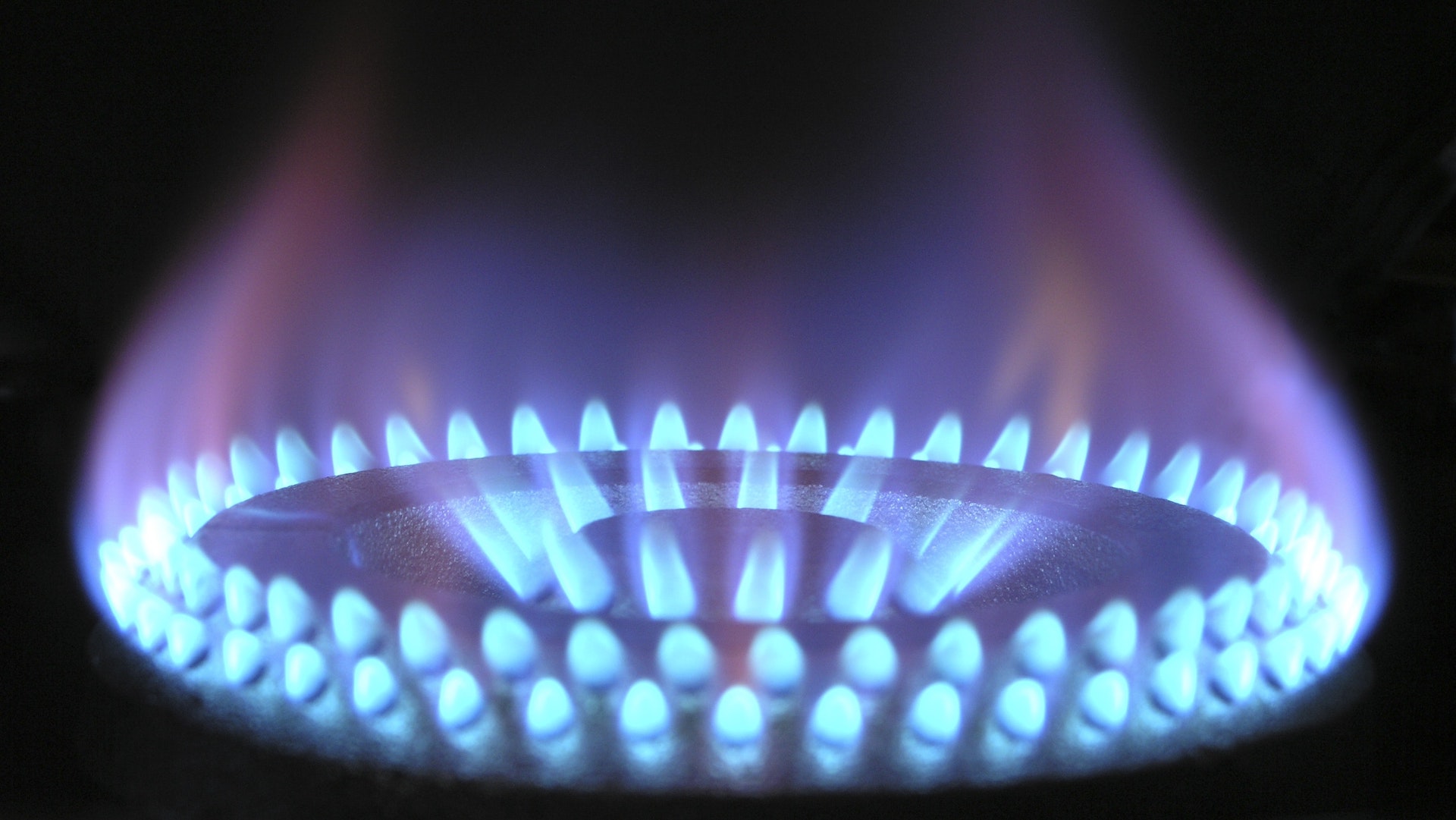We are living through the worst energy crisis in a generation, with people’s annual energy bills now on average twice as high as last October – at £2,500 with the government’s energy price guarantee, compared to £1,335 in 2021. Changes to the previous government commitment to help households and businesses mean people need clarity and support to face this challenging time more than ever.
If we are ever to overcome the interlinked problems of high fuel bills, energy insecurity and climate change, the government needs to mobilise and lead the country; to address the sources of our vulnerability to volatile energy markets.
The government recently announced it would cut support for energy bills from April next year, rather than in October 2024. It is vital that it now sets out how it will help people after April, when oil and gas prices will still be at near record levels. But that’s just the start of it.
- Energy bills are still soaring – so here’s where to get help in the cost of living crisis
- Why fracking won’t make your energy bills cheaper anytime soon
- 8 DIY tips to keep your home warm for less as energy bills rise
We are setting out a comprehensive set of recommendations as the chancellor prepares his budget for November.
Firstly, it’s vital that the government implements a plan to reduce energy demand. To date, it has focused on trying to safeguard supply. The quickest and easiest way to improve energy security and bring down bills is to use less energy. After all, the cheapest energy is the energy we don’t use.
Too many people are paying for heat that quickly escapes. We need a nationwide retrofit programme to insulate and draught-proof homes. If every home with an energy performance certificate rating of D or below was improved, the total energy bills for these homes would be £8.1 billion lower every year at current prices.









